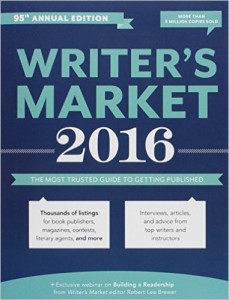Studies show that blogs that contain graphics increase readability and are shared more often.
Graphics should complement your content by highlighting key information.
Quick Tips:
- Keep it simple
- Include information that you want your reader to focus on
- Use the easiest graph to represent the data
- Know your audience and purpose
- Use quality stock images.
- Choose images related to your topic
- Choose images that your audience can relate to
- Add borders and shapes, and don’t be afraid to mix up the fonts. The more unique your images, the better!
- Use color to appeal to your reader’s emotions.
Note: Use copyright free images or get permission before using an image. There are plenty of websites that offer free stock images. You can always pay for the images that you really like to avoid copyright infringement.
Articles that include visual images, get 94% more views than those without visual content.
These are some of the fundamentals of Design:
- Consistency: pick a style and stick to it.
- Repetition: people learn from repetition; using repetition in your design will help your readers retain the information
- Alignment: clean and structured is easier to follow.
Try Canva as a free designing tool if you’re just starting to play around with graphics.





